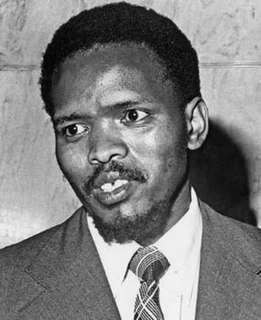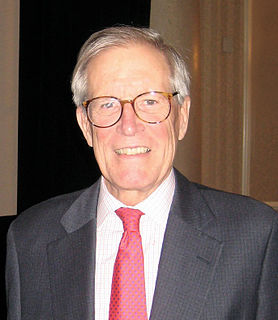A Quote by Angela Davis
I think it is important to acknowledge the extent to which the black middle class tends to rely on a kind of imagined struggle that gets projected into commodities like kente cloth for example on the one hand and images like the Million Man March.
Related Quotes
Actually we've had a black bourgeoisie or the makings of a black bourgeoisie for many more decades.In a sense the quest for the emancipation of black people in the US has always been a quest for economic liberation which means to a certain extent that the rise of black middle class would be inevitable. What I think is different today is the lack of political connection between the black middle class and the increasing numbers of black people who are more impoverished than ever before.
There are more than 100 million African women who go topless at some point in the day, each and every day, to honor both God and our ancestors. So being in a country like America where nothing is hated more than the image of the black woman, even by black people'because her womb produces the black man and makes us black'I find it of grave importance to implement African images, and especially to produce media images that acknowledge the sexual power and fertility of black women.
There is quite an important director in Germany who I think in the early fifties over here, and then went back, and he said something that's absolutely true. And it's more important to repeat that today than it ever was. Not for you, but for us over there it is important. He said, 'In America they make movies like art, and sell it like commodities. We make make movies like commodities and sell them like art.'
I knew that the black struggle wasn't my struggle. But I felt like it was my-struggle-adjacent, you know? I've always said that if you turn the dial in one direction, a Muslim is a Jew is an East Asian person is a Native American and so on. I feel very much that all of these struggles are kind of the same and - Hillary Clinton actually said this recently - when you get rid of one barrier, it opens up the gates for a whole bunch of people you didn't even know would benefit from it. So not fighting for the black struggle is like not fighting for the Muslim struggle.
There is a forgotten black middle class in America - a group which is huge but underrepresented in the media and in art. It's difficult to talk about these things, because it forces one to talk in generalities, but that's my view. I do think the idea of a blanket class for black people is unfortunately still present.
I've never seen a sincere white man, not when it comes to helping black people. Usually things like this are done by white people to benefit themselves. The white man's primary interest is not to elevate the thinking of black people, or to waken black people, or white people either. The white man is interested in the black man only to the extent that the black man is of use to him. The white man's interest is to make money, to exploit.


































